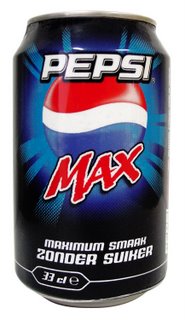
Laurence Green, planning partner at
Fallon London, identifies 7 key steps to stategic success in
Campaign (10 Nov. 2006). She does so identifying the key parallels between
the winning papers of this year's IPA Effectiveness Awards.
The key steps:
1. Sit media at the top tableEffective campaigns not only boast media thinking that delivers the communication, but that also drives it to a greater or lesser extent. E.g. Virgin Trains using media along parallel strategic tracks: the requirement to win both hearts (TV and cinema) and minds (cue surgical use of press, poster and online).
2. Don't worry 'bout the size of your budgetSpent creatively and responsibly, small budgets can trigger commercial return. The web and branded content conttribute to an increasingly 'pull' media model, instead of a 'push' media model.
3.Think long term, act short termThis year's winners show the contributing effect of short-term sales to the enduring commercial competitive advantage afforded by strong brands, and vice versa.
4. Integrate. Then integrate some moreIntegration is not about using lots of media to get your message across, but it's about the disciplined aligning of the media you do use.
5. Put product centre stageIf your product or service is a powerful source of competitive advantage, shout it out.
6. Be creative in the roundCreativity is not only the creative's job, but also the strategist's and the media planner's job.
7. Get yourself a saint (or a sinner): celebrity still sellsCelebrity endorsement can have a multiplier effect.
Conclusion:For me, the most renewing conclusion is
number 5: consumers choose for strong brands WITH strong and innovative products. The first does not go without the latter, and vice versa. A lot of brands, however, seem to forget this sometimes.
If you'd like a full version of the article, just let me know.












